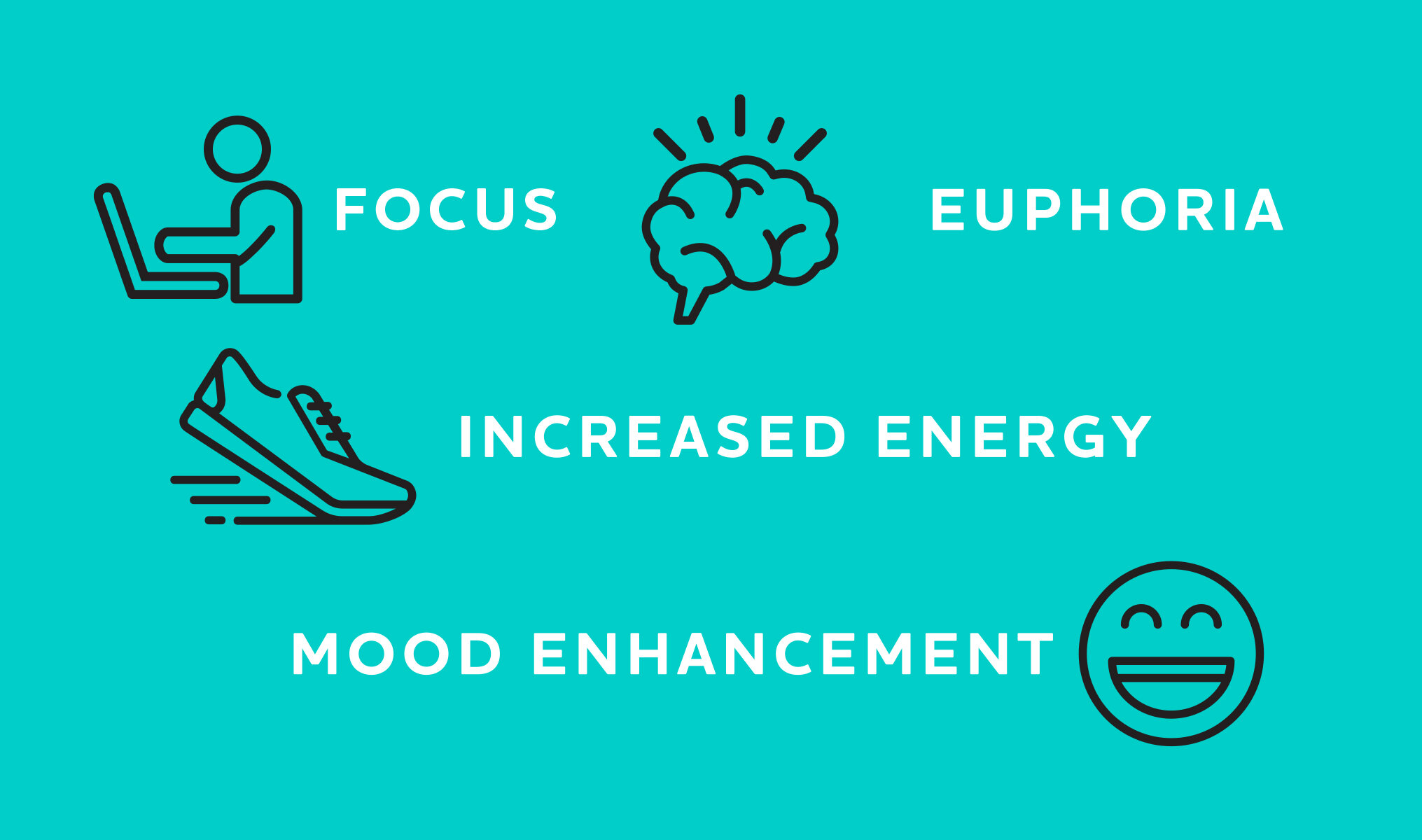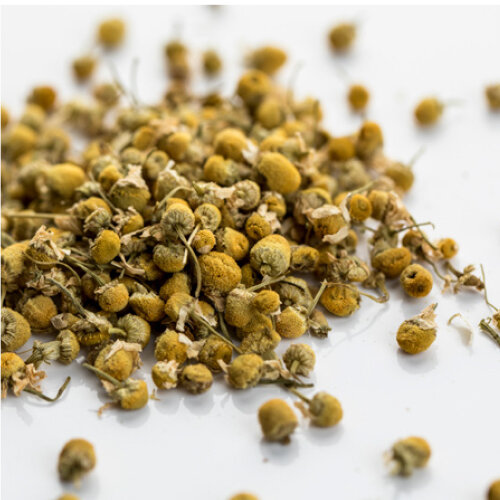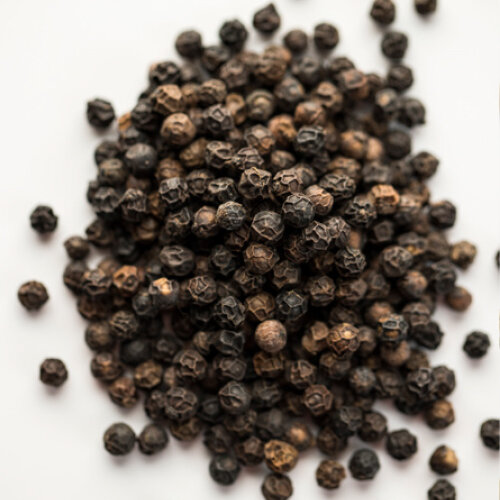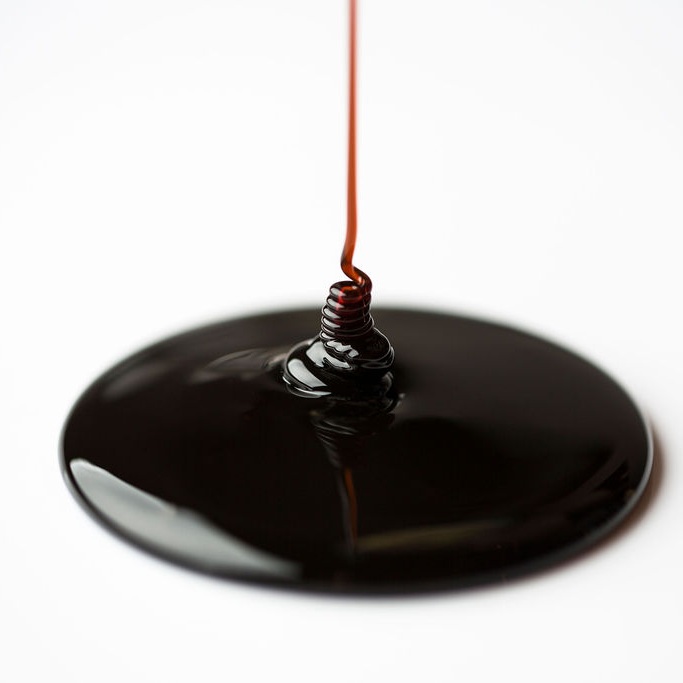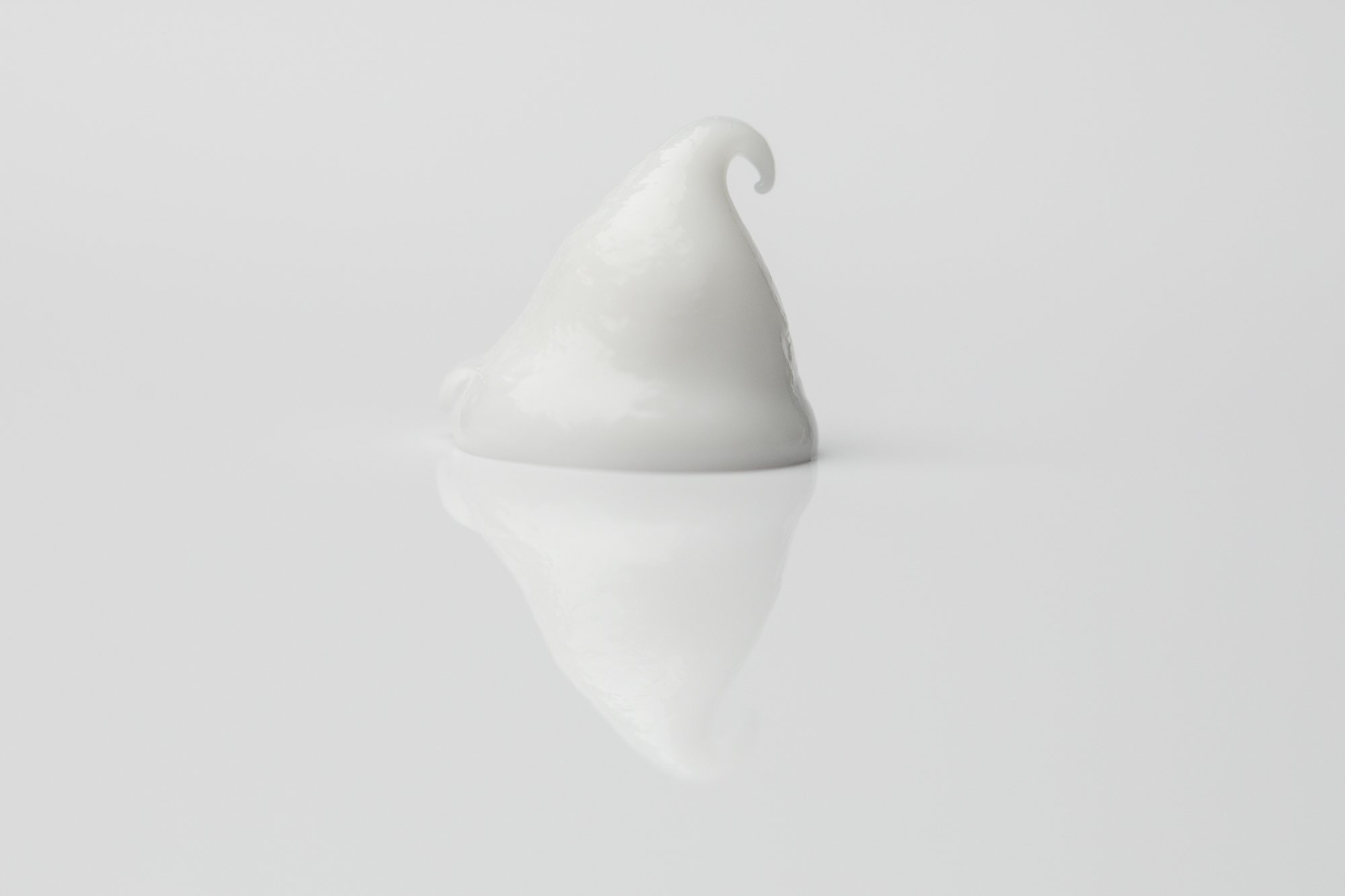
Strains, Cannabinoids, and Terpenes
Medical marijuana is versatile. It produces many different mental and physical effects for patients with different medical conditions. Varieties, cannabinoids, and terpenes all play an equally important role in producing these effects. All approved Pennsylvania medical marijuana products show this information on product packaging–just ask a Maitri team member for help understanding these labels.
STRAINS
Medical marijuana strains are generally divided into three different categories: sativa, indica and hybrid. Within each of these strain types, there are different chemical compounds called cannabinoids and terpenes. Learn more about the individual effects different strains produce on the “Understanding Strain Classifications” chart.
CANNABINOIDS
Cannabinoids are the active chemical compounds in the plant. Scientists have done the most research on THC, CBD and CBN, but have also identified over 100 other cannabinoids present in cannabis. THC is the psychoactive compound and CBD is the non-psychoactive compound. Learn more about the individual effects different cannabinoids produce on the “How medical marijuana Affects Your Body and Mind” chart.
TERPENES
Terpenes are the “essential oils” of medical marijuana. They are responsible for the plant’s aroma, taste, and many medical benefits. Learn more about the individual effects different terpenes produce on the “How Terpenes Affect Your Body and Mind” chart.
Understanding Strain Classifications
Sativa
Sativa plants are characterized by tall stalks and narrow leaves. They often produce the following effects, but effects can vary based on the terpene and cannabinoid composition of each sativa strain.
Indica
Indica plants are characterized by short stalks and broad leaves. They often produce the following effects, but effects can vary based on the terpene and cannabinoid composition of each indica strain.
Hybrids
Hybrids are created by breeding two plant varieties. They can be indica-dominant, sativa dominant, or equally balanced.
CANNABIS & THE HUMAN BODY
Understanding the Endocannabinoid System
Did you know our bodies have a natural receiving system for cannabis? The endocannabinoid system (ECS) is a regulatory system responsible for maintaining balance in systems throughout the body. Scientists discovered the ECS in the 1990s, and they still have much to learn. Studies show it is present from our head to our toes, and affects many human functions, including how a person feels, moves, and reacts. The ECS contains a complex network of compounds called endocannabinoids, and their receptors, found in nearly all body organs. Two of these receptors, CB1 and CB2, are the primary targets for the cannabis plant’s chemical compounds, called cannabinoids.
The endocannabinoid system plays a role in regulating the following body processes:
• Immune System Function
• Pain Modulation
• Nervous System Function
• Seizure Activity
• Mood and Stress Response
• Gastrointestinal Function
• Blood Pressure
• Appetite
• Inf lammation
• Eye Pressure
• Sleep
• Memory
Where do endocannabinoid receptors live?
CB1 RECEPTORS ARE PRIMARILY FOUND IN:
• Central Nervous System (brain and spinal cord)
• Heart and Lungs
• Muscle and Fat Tissues
• Eyes
• Liver and Kidneys
• Digestive Track
• Reproductive System
CB2 RECEPTORS ARE PRIMARILY FOUND IN:
• Immune Organs (lymph nodes and spleen)
• Peripheral Nerve Endings
• Bone
• Smooth Muscle
• Digestive Tract
How Cannabinoids Affect Your Body and Mind
| BENEFIT | THC | THCA | THCV | CBC | CBD | CBN | CBG | DELTA-8 |
|---|---|---|---|---|---|---|---|---|
| ANTI-CANCER | • | • | • | • | ||||
| REDUCES NAUSEA | • | • | ||||||
| PAIN RELIEVER | • | • | • | • | • | • | • | • |
| ANTI-INSOMNIA | • | • | • | |||||
| STIMULATES APPETITE | • | • | • | |||||
| SUPPRESSES APPETITE | • | |||||||
| RELIEVES MUSCLE SPASMS | • | • | • | • | ||||
| ANTI-CONVULSANT | • | • | • | |||||
| REDUCES ANXIETY | • | • | • | • | ||||
| EUPHORIA | • | • | • | • | ||||
| ANTIBACTERIAL | • | • | • | • | ||||
| NEUROPROTECTIVE | • | • | • | |||||
| ANTI-FUNGAL | • | • | ||||||
| ANTI-DEPRESSANT | • | • | • | |||||
| ANTI-INFLAMMATORY | • | • | • | • | • | • | • | |
| STIMULATES BONE GROWTH | • | • | • | |||||
| ANTIOXIDANT | • | • | ||||||
| ANTI-PSYCHOTIC | • | |||||||
| ANTI-ISCHEMIC | • | |||||||
| IMMUNOSUPPRESSIVE | • | |||||||
| BRONCHODILATOR | • |
How Terpenes Affect Your Body and Mind
BISABOLOL
Found in Chamomile
RECOMMENDED FOR:
• SKIN IRRITATION
• INFLAMMATION
• ANTIOXIDANT EFFECTS
• PAIN
HUMULENE
Found in Hops
RECOMMENDED FOR:
• PAIN
• INFLAMMATION
• APPETITE SUPPRESSION
• ANTIBACTERIAL
• ENERGIZING
LINALOOL
Found in Lavender
RECOMMENDED FOR:
• STRESS
• INSOMNIA
• MOOD ENHANCEMENT
• PAIN
• CONVULSIONS
PINENE
Found in Pine
RECOMMENDED FOR:
• FOCUSING
• INFLAMMATION
• ASTHMA RELIEF
• ANTISEPTIC
CARYOPHYLLENE
Found in Black Pepper
RECOMMENDED FOR:
• MUSCLE SPASMS
• PAIN
• INSOMNIA
• INFLAMMATION
• ANTIOXIDANT EFFECTS
LIMONENE
found in citrus
RECOMMENDED FOR:
• MOOD ENHANCEMENT
• HEARTBURN
• GASTROINTESTINAL
• ANTI-FUNGAL
• ENERGIZING
TERPINOLENE
Found in Lilac
RECOMMENDED FOR:
• MOOD ENHANCEMENT
• CLARITY
• INSOMNIA
• ANTIBACTERIAL
• ANTISEPTIC
MYRCENE
Found in Mango
RECOMMENDED FOR:
• INFLAMMATION
• ANTIBACTERIAL
• ANTISEPTIC
• SPASMS
• PAIN
• INSOMNIA
• ANTI-FUNGAL
This information is designed for educational purposes only and has not been evaluated by the FDA nor approved by any other government or official body. Nor is it intended to diagnose, cure or prevent any disease or disorder of any kind. If you have any concerns or questions about your health, you should always consult with a physician or other healthcare professional.
Maitri Medicinals dispensaries offer a wide variety of medical marijuana products.
In accordance with Pennsylvania regulations, you'll find the following types of medical marijuana on our dispensary shelves. Visit our menu to learn more about current product offerings in each category.
Tinctures
Tinctures are liquid forms of marijuana concentrates that are often combined with other botanicals and herbs. They are applied sublingually (under the tongue), via a dropper or spray. The cannabinoids immediately enter the bloodstream through the vessel-rich tissues in the mouth. Like capsules, marijuana tinctures and oils are great options for patients who want to control their precise dosage. Tinctures and oils have a fairly quick onset at 15-45 minutes, and the effects generally last four to six hours.
Capsules
Capsules are marijuana concentrates processed into precisely measured doses and combined with an emulsifying agent inside a gelatin shell. Capsules are consumed orally and ingested through the gastrointestinal tract. Marijuana capsules are often desirable for patients who want to control their exact dosage and prefer an alternative to vaporizable forms. Capsules have a slower onset at 60-80 minutes, but longer-lasting effects than many other medical marijuana products--usually six to eight hours. In Pennsylvania, capsules generally come in a bottle of 10, 20, or 30 doses.
Cartridges
Cartridges are pre-filled with marijuana extracts and designed to attach to a battery that functions as a heating element. The battery is typically activated by pressing a button, which heats up the concentrate and releases its active cannabinoids and terpenes as vapor to inhale through the mouthpiece. Cartridges have a quick, often immediate onset, and generally last two to four hours.
Concentrates
Concentrates are cannabis oils made by extracting the most desirable therapeutic compounds--cannabinoids and terpenes--from the marijuana plant. They are extracted from the plant using a solvent, often either carbon dioxide or butane. Most concentrates have high THC levels, and are available in many forms such as shatters, waxes, budders, badders, THCA crystals, and more. Because of their potency and terpene flavor profiles, concentrates are often popular among more experienced patients, and are generally consumed via a method known as dabbing. Concentrates have a quick, often immediate onset, and generally last one to three hours.
Distillates
Distillates are a form of marijuana concentrates made through a specific process known as distillation. Using heat, the cannabinoids are extracted from the plant to create a pure, potent concentrate that’s high in THC. In contrast with other concentrates, distillates lose most of their terpenes during distillation, though many manufacturers reintroduce them after extraction. Distillates can be administered through a variety of applications, including vaporization, dabbing, or oral ingestion via edibles or a syringe. Just as with other concentrates, onset is often immediate, and generally lasts one to three hours.
Dry Leaf
Dry leaf, more commonly known as flower or bud, is the raw, plant form of marijuana that’s most well known, and is the source of all medical marijuana products. Marijuana plants can be male or female, but the flower that is trimmed off for consumption come from the female. Dry leaf can be vaporized or cooked into edibles. The onset of consuming dry leaf is often immediate, and the effects last from two to four hours on average.
RSO (Rick Simpson Oil)
Rick Simpson Oil is a concentrated form of marijuana oil named for its inventor, a Canadian cannabis activist and cancer survivor named Rick Simpson. They are made by submerging raw marijuana plant material in a solvent, often isopropyl alcohol, and then heating the resulting oil at a low temperature for several hours. RSOs are popular among patients battling cancer, but have medicinal benefits for a variety of different medical conditions. Known for a strong, intense flavor and odor, RSOs are high in THC and low in CBD. They can be administered sublingually (under the tongue), mixed with food, or applied topically. Onset is between 15 to 90 minutes, depending on method of administration, and effects are long lasting, generally four to six hours.
Topicals & Transdermals
Topicals and transdermals, such as lotions, are marijuana concentrates combined with an ointment to be applied directly on the skin. Topicals absorb rapidly to combat inflammation and provide pain relief. They contain THC, but generally have little to no psychoactive effects for most patients. Onset is fast, usually five minutes or less, though the effects are long lasting--up to 12 hours.



